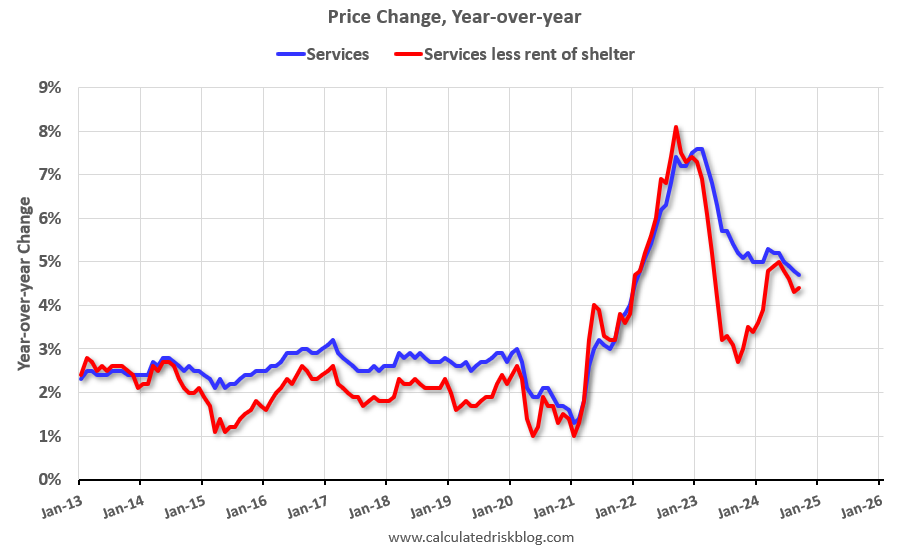Friday, October 18, 2024
Please note that in order to view the content for the
Bankruptcy Headlines
please
log in
if you are already an ABI member, or otherwise you may
Become an ABI Member
Friday, October 18, 2024
Please note that in order to view the content for the
Bankruptcy Headlines
please
log in
if you are already an ABI member, or otherwise you may
Become an ABI Member
Friday, October 18, 2024
Please note that in order to view the content for the
Bankruptcy Headlines
please
log in
if you are already an ABI member, or otherwise you may
Become an ABI Member
Friday, October 11, 2024
Please note that in order to view the content for the
Bankruptcy Headlines
please
log in
if you are already an ABI member, or otherwise you may
Become an ABI Member
Tuesday, October 8, 2024
Please note that in order to view the content for the
Bankruptcy Headlines
please
log in
if you are already an ABI member, or otherwise you may
Become an ABI Member
Monday, October 7, 2024
Please note that in order to view the content for the
Bankruptcy Headlines
please
log in
if you are already an ABI member, or otherwise you may
Become an ABI Member
Monday, October 7, 2024
Please note that in order to view the content for the
Bankruptcy Headlines
please
log in
if you are already an ABI member, or otherwise you may
Become an ABI Member
Thursday, October 3, 2024
Please note that in order to view the content for the
Bankruptcy Headlines
please
log in
if you are already an ABI member, or otherwise you may
Become an ABI Member


